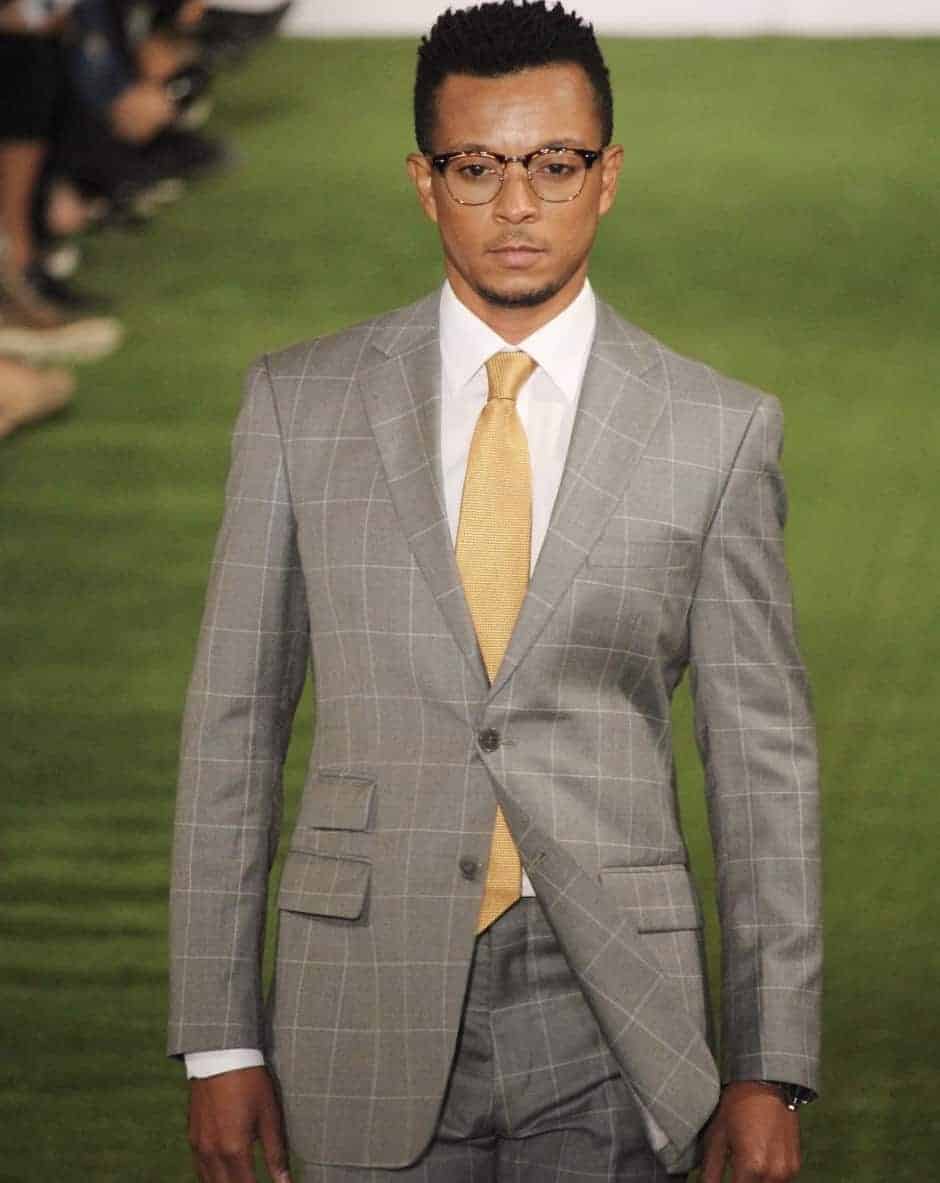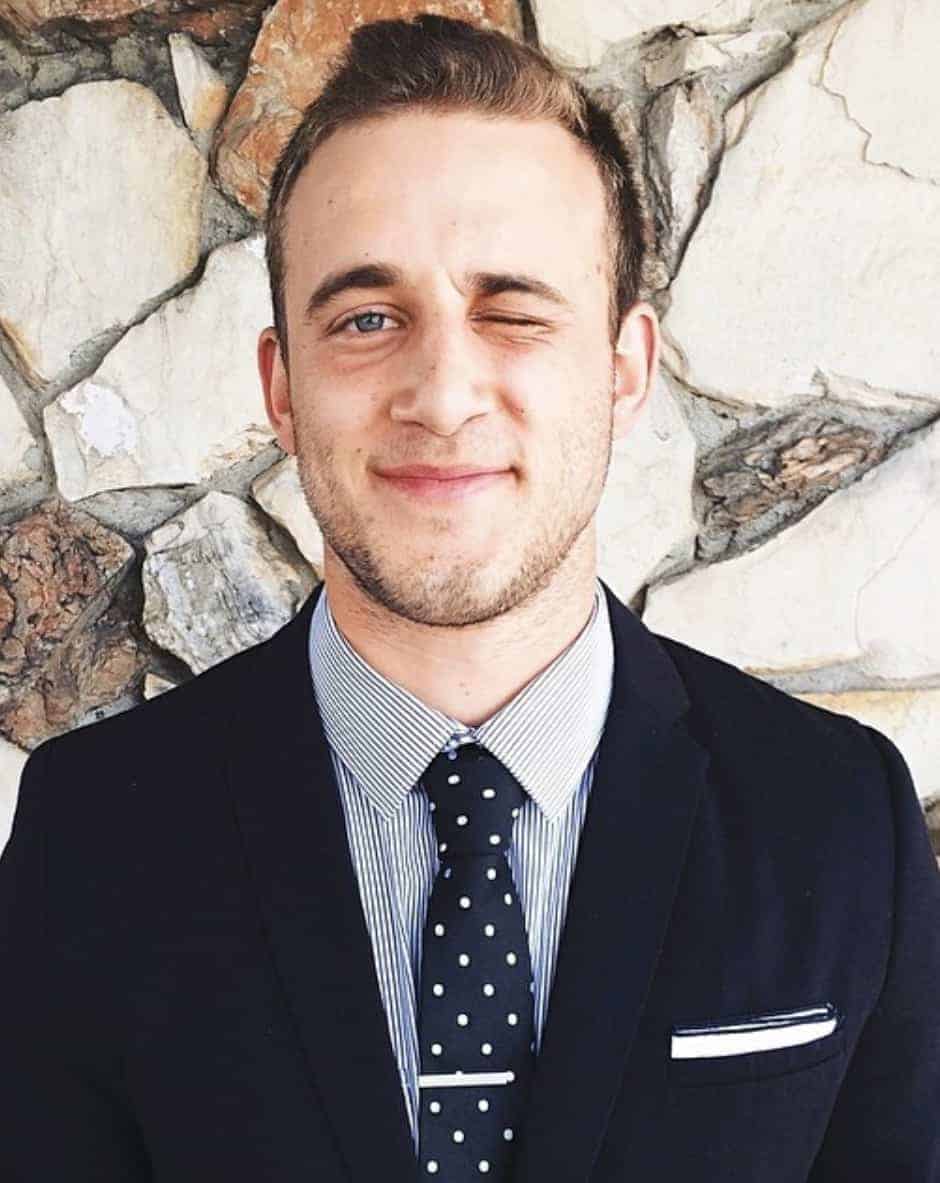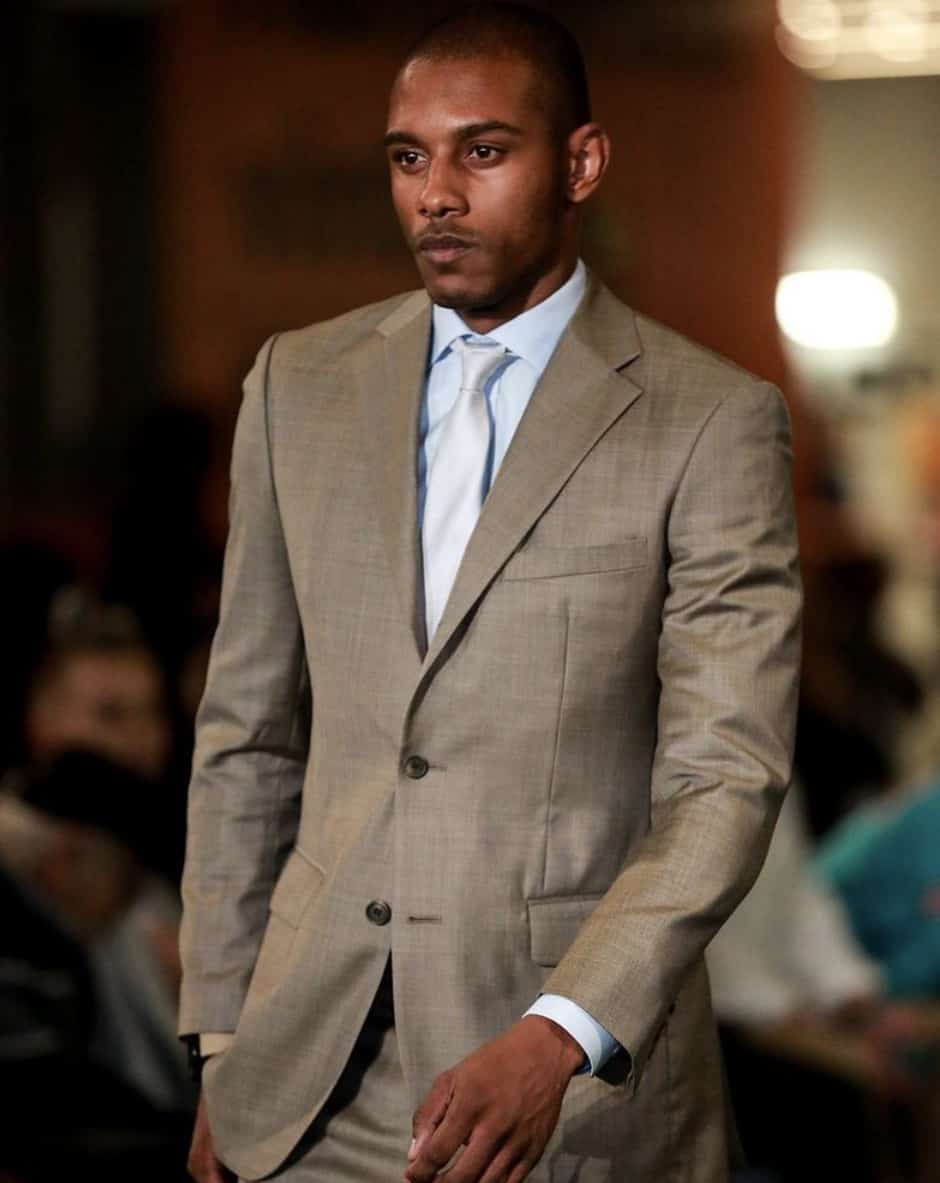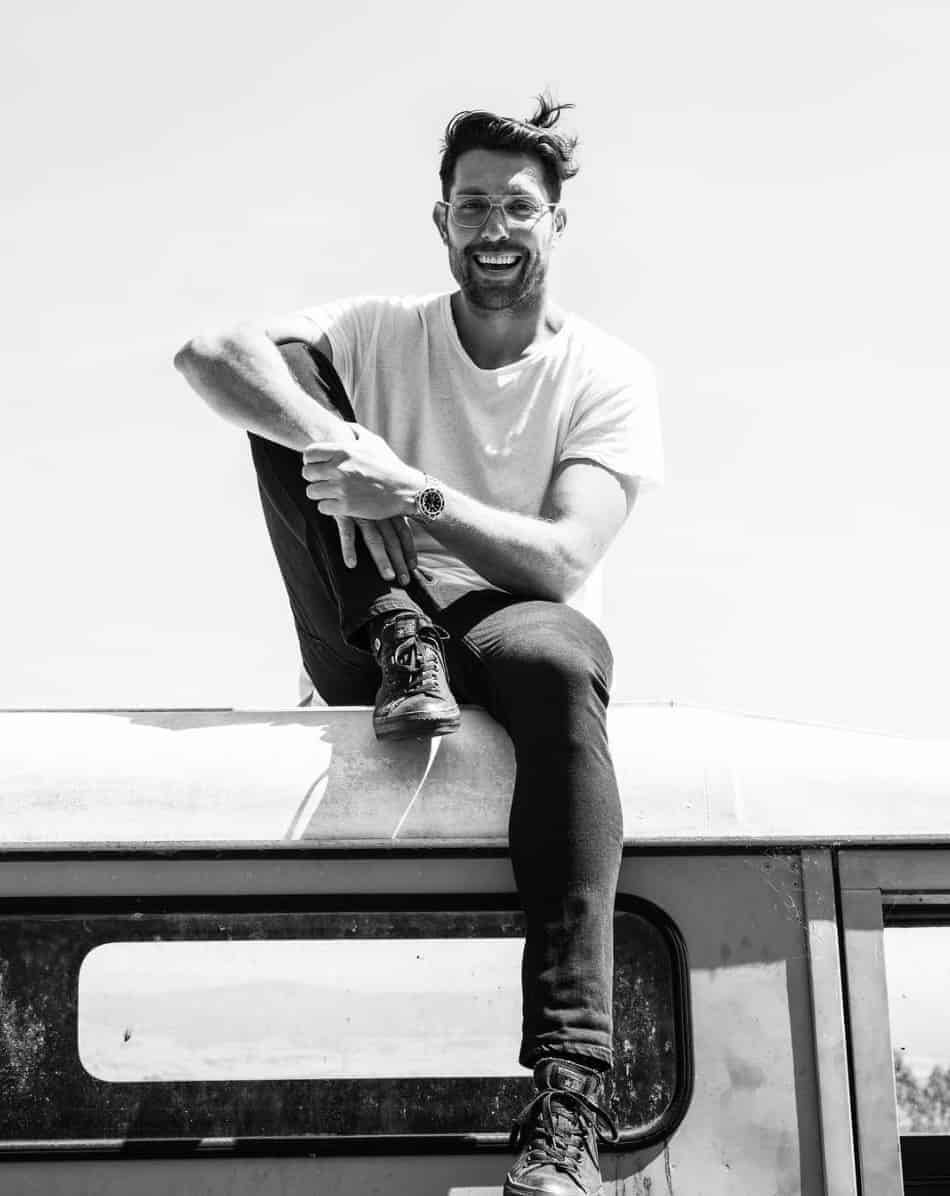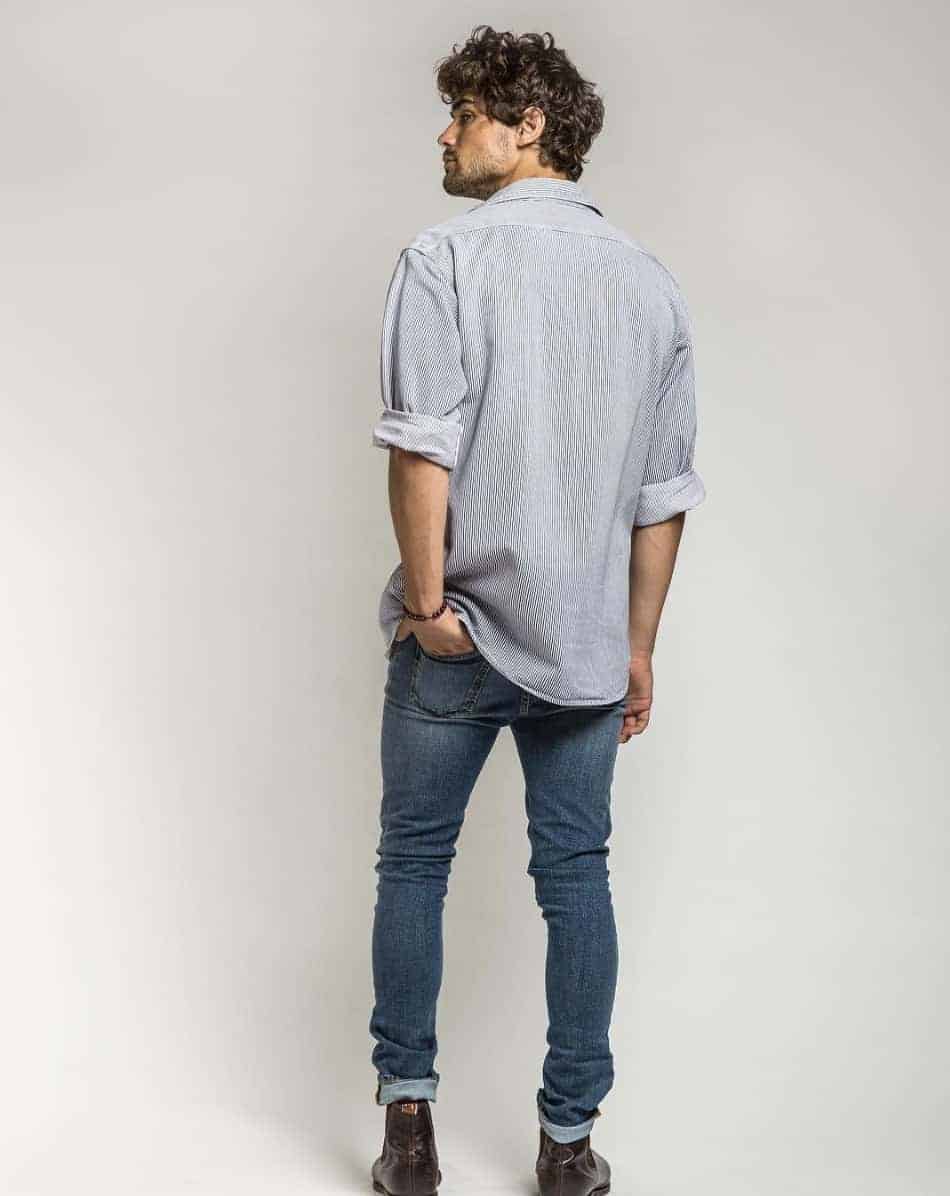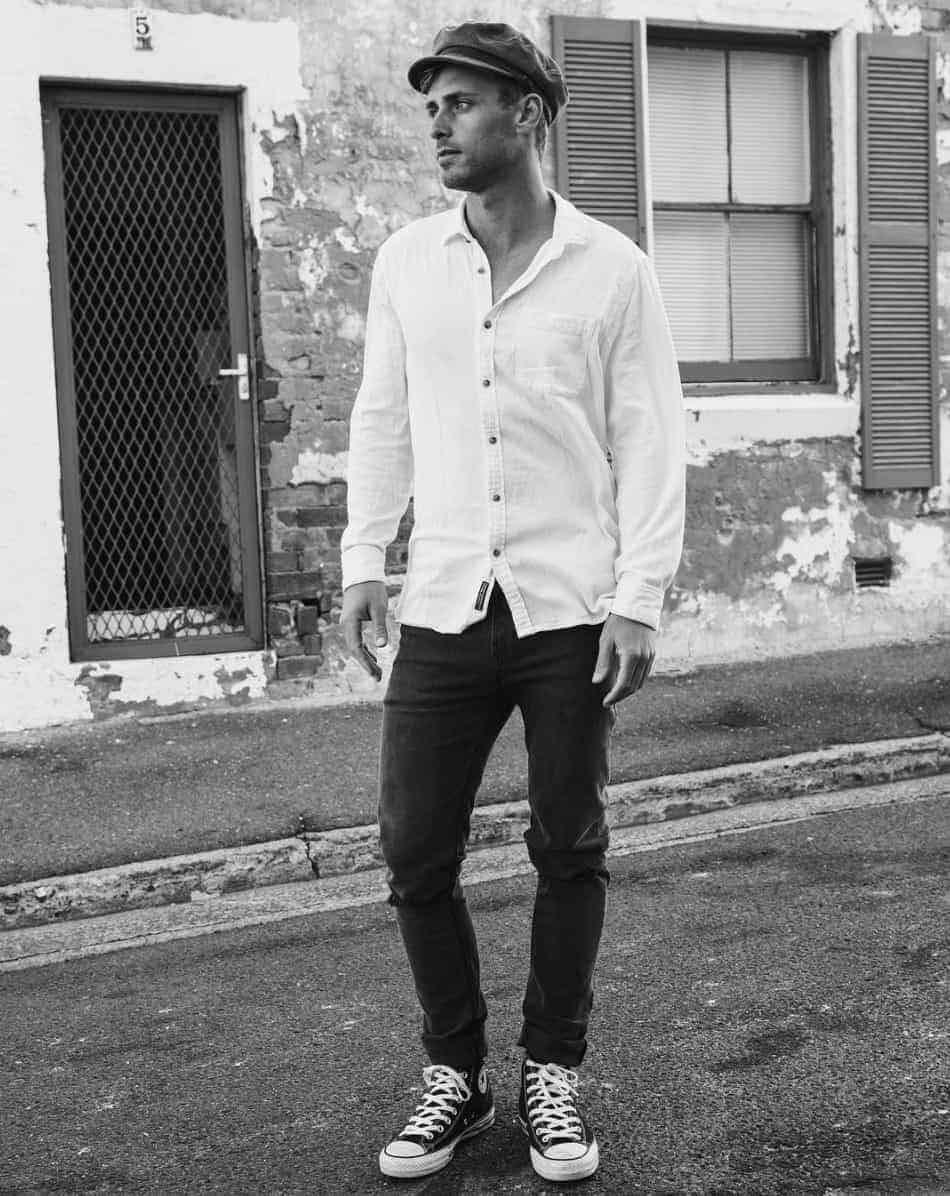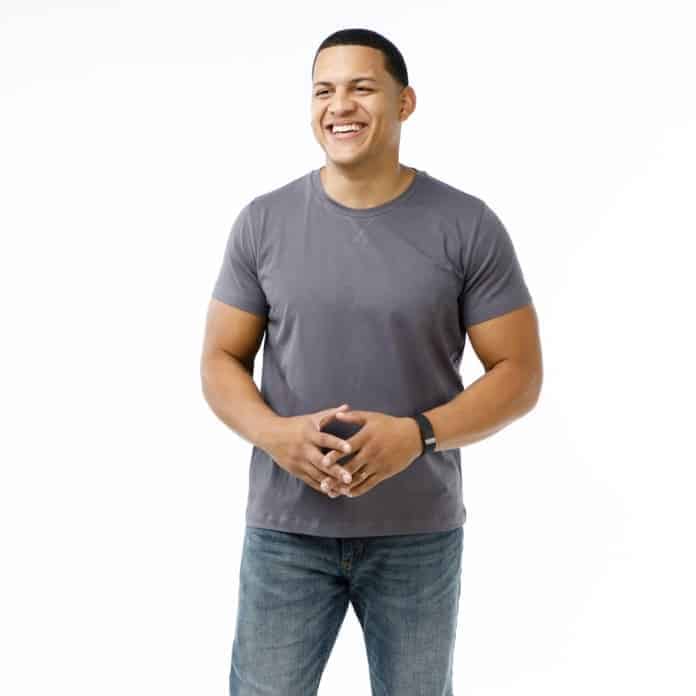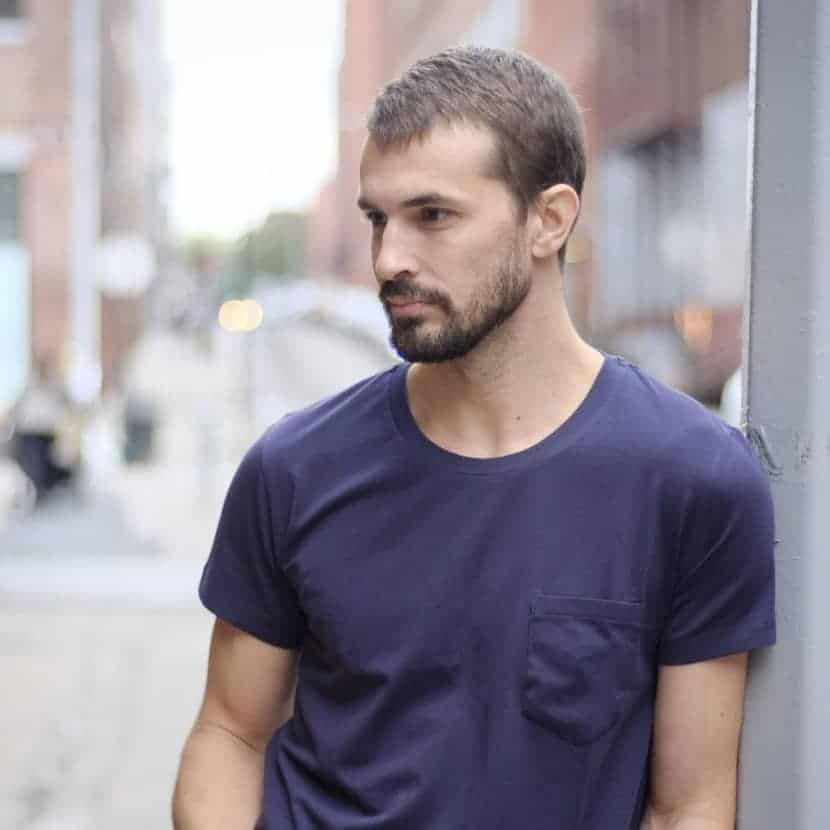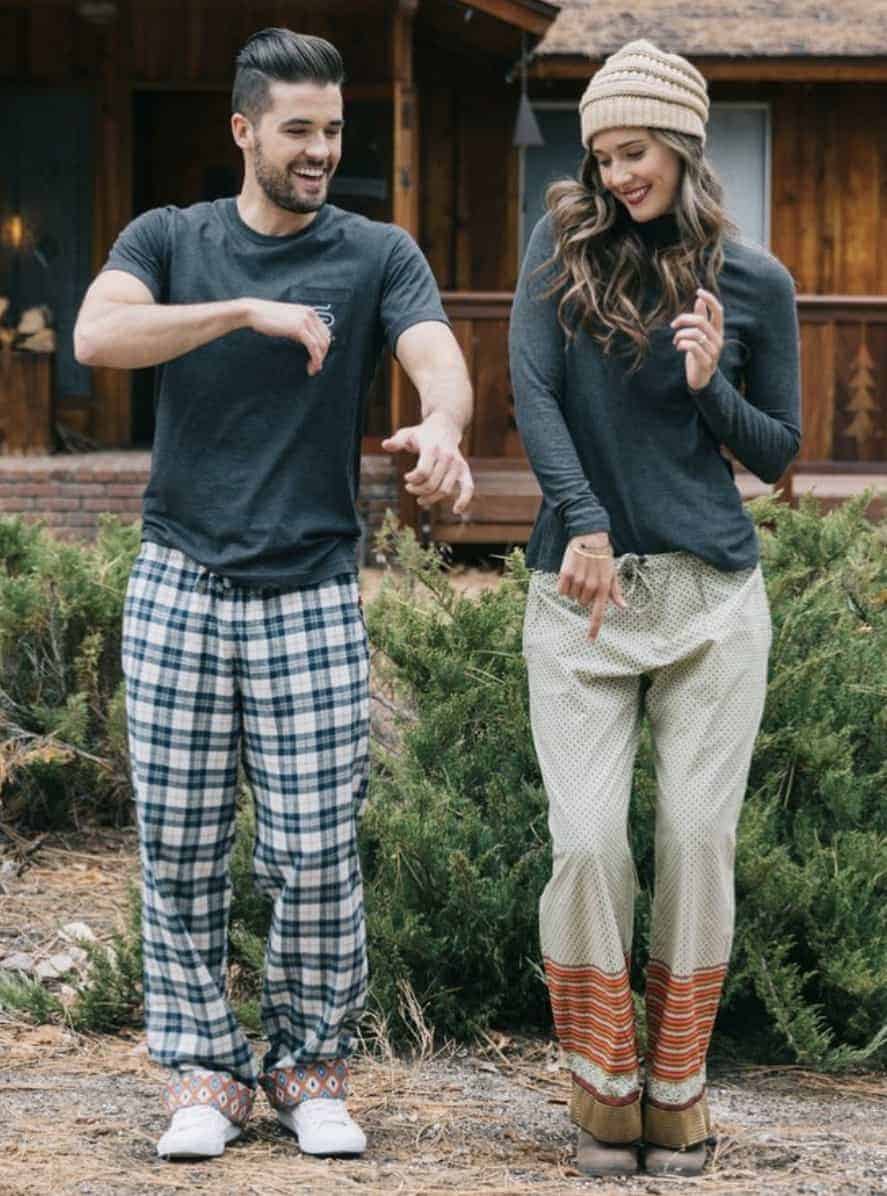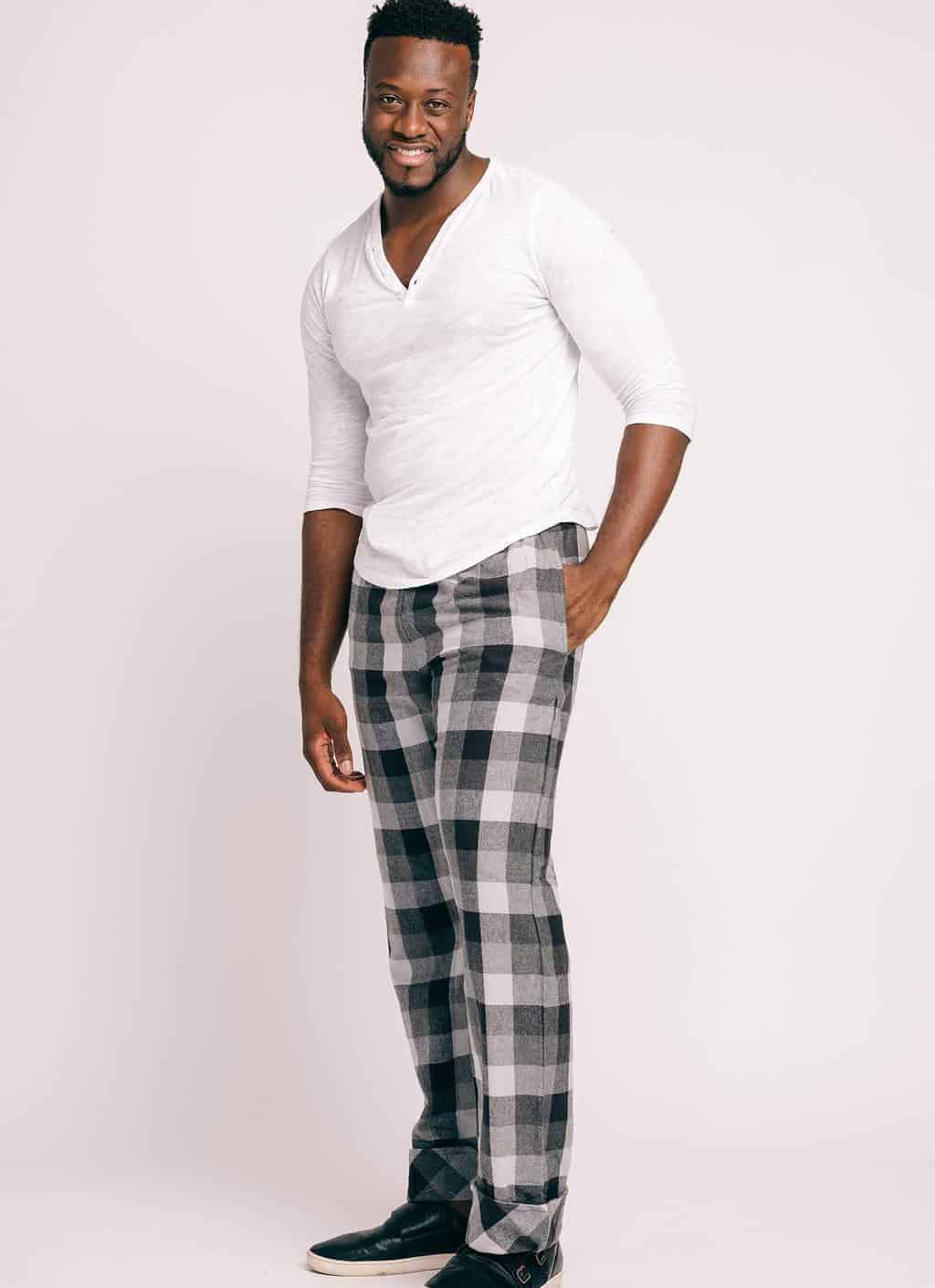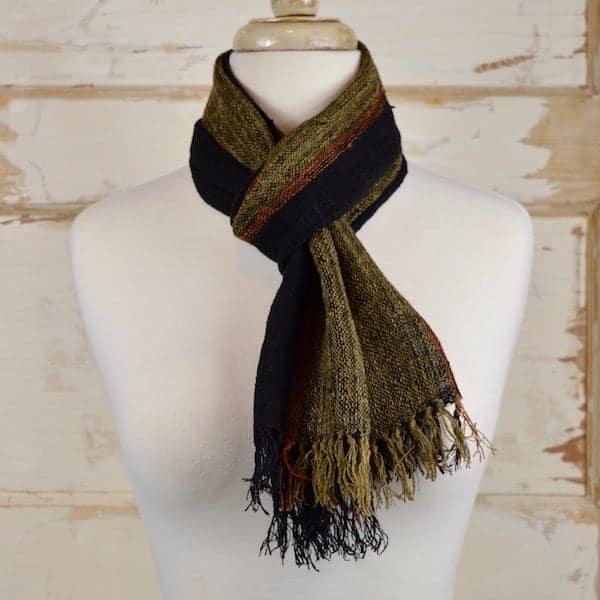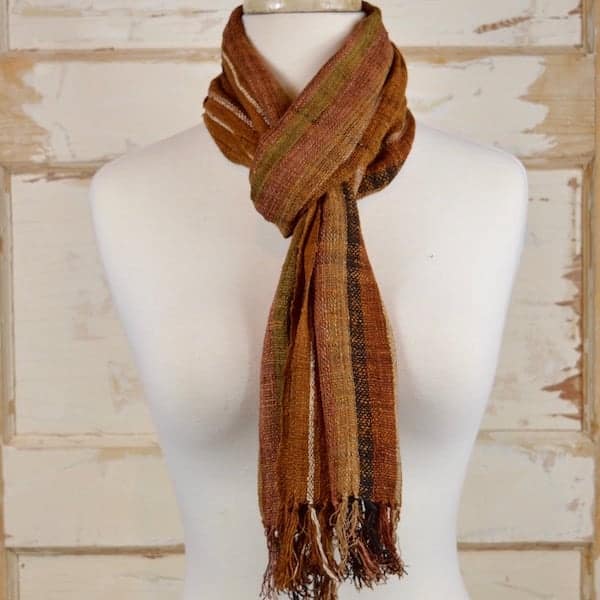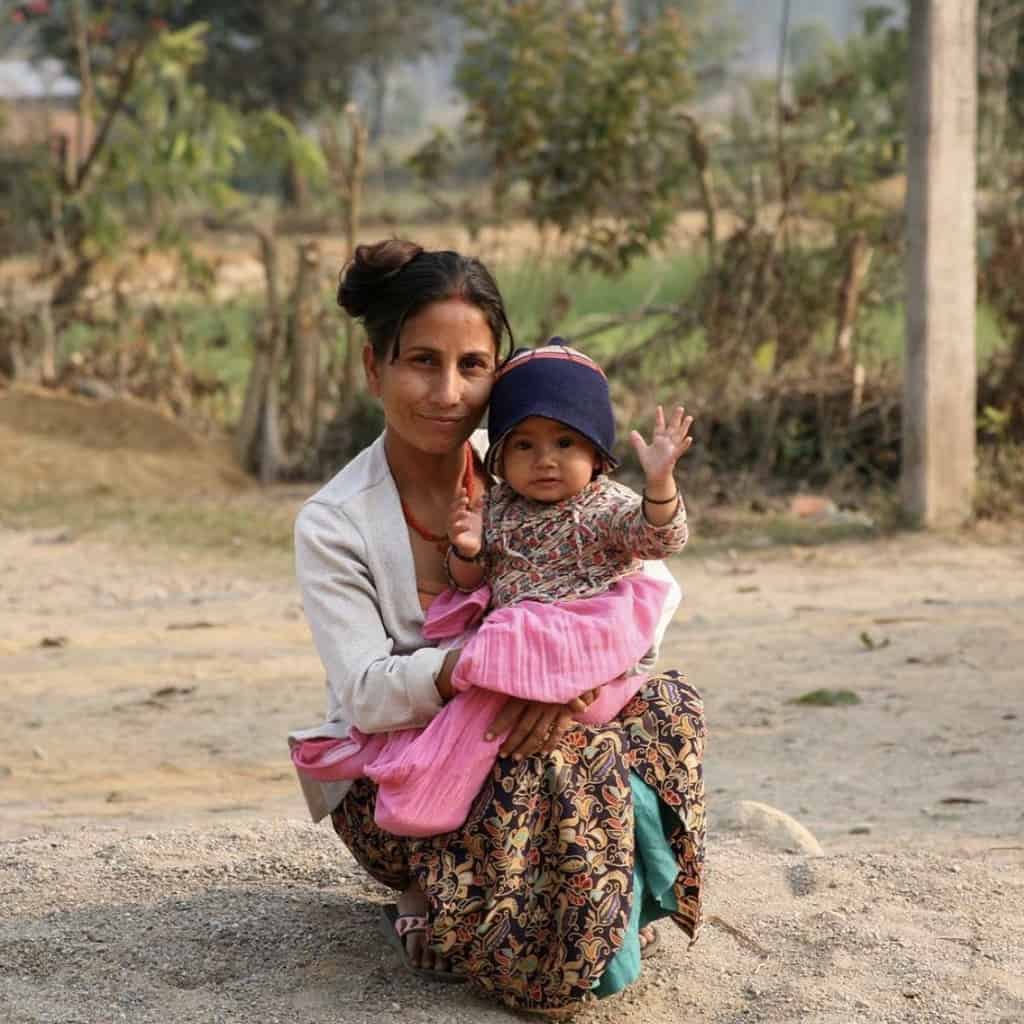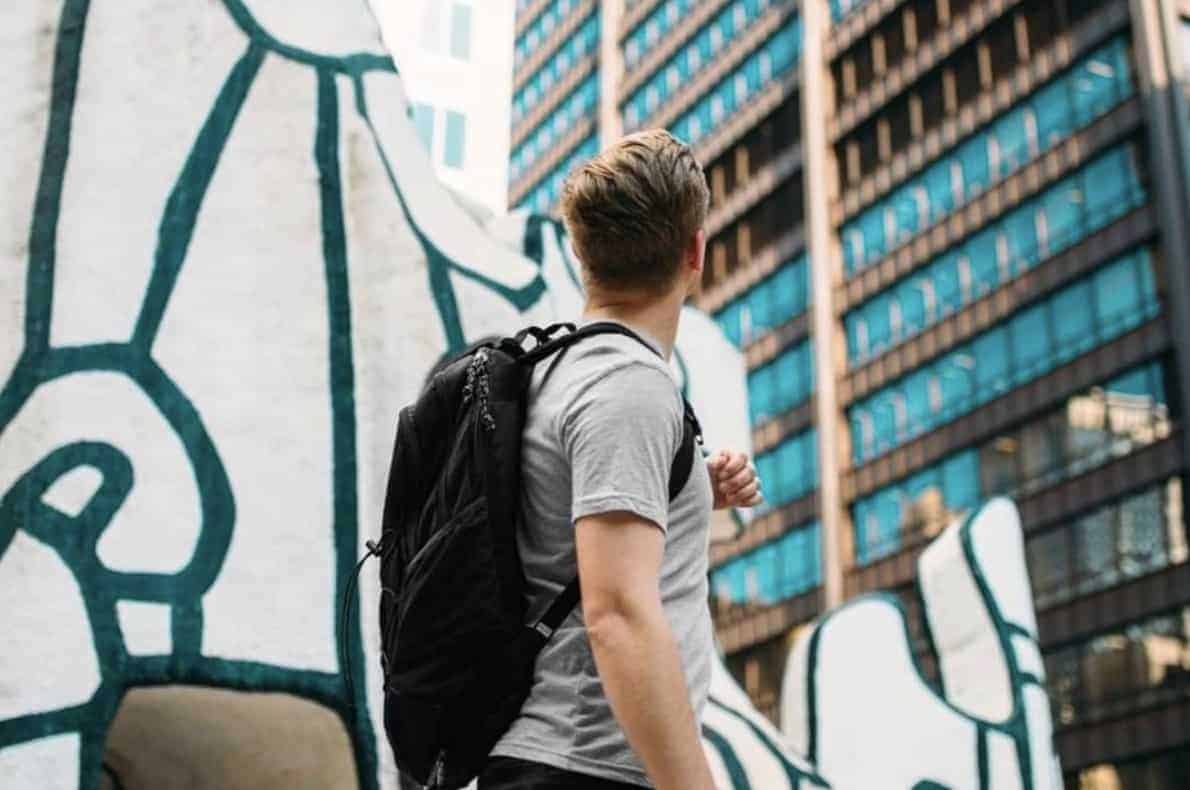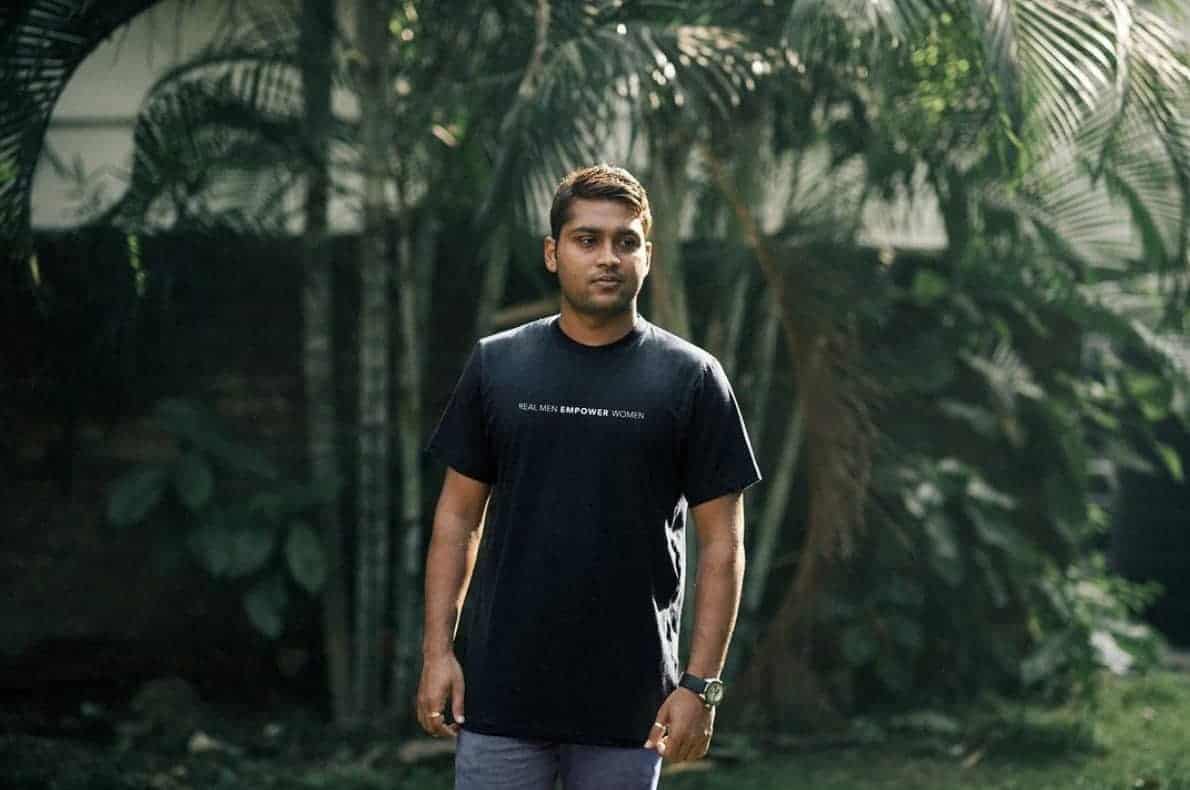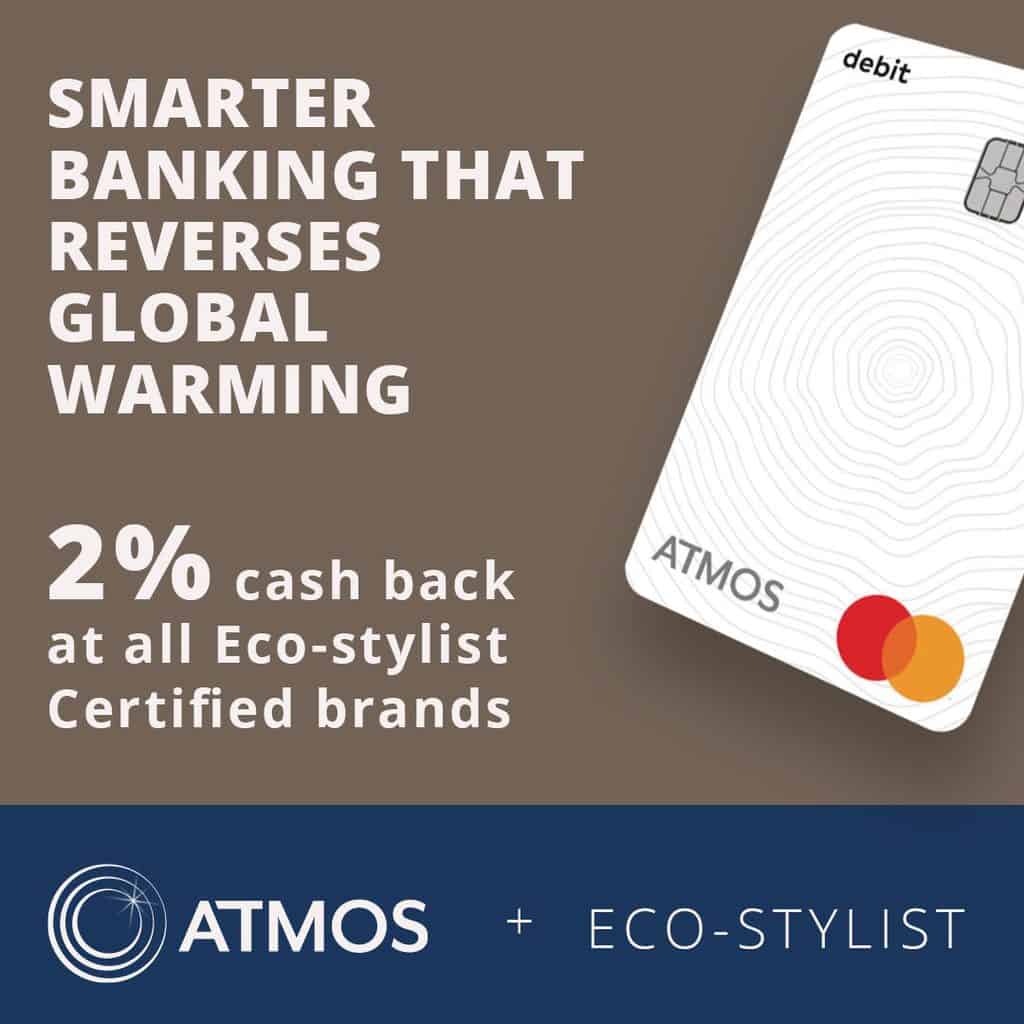The Situation
Modern Slavery is a large issue globally.
Today, it is estimated that 40 million people are trapped in what is known as modern slavery. Of those 40 million, 25% are children and 12.5% are trapped in sex slavery.
What is modern slavery? According to the US Department of State, both modern slavery and human trafficking are “umbrella terms to refer to both sex trafficking and compelled labor.” These terms refer to people held against their will in situations like bonded labor, forced marriage, sexual servitude, and state-imposed labor.
The problem exists in every country, including the US, and is a $150 billion industry worldwide. In the US, you can find victims of human trafficking working across industries such as escorting, sex workers, construction, and labor jobs.
One of the ways this happens is when migrating workers are tricked into employment situations that leave them indebted to their employer, working for little to no pay. In many cases workers don’t know their rights, and if those workers are illegal, for example, they are even less inclined to be in a position to stand up for themselves.
In addition to the trafficking that occurs within the US, Americans contribute to human trafficking when we buy goods with child and slave labor in the supply chain. Of course, we usually have no idea we’re supporting human trafficking because the supply chains are big, complicated, and hidden.
To find out how many slaves could be working for you, take the short quiz at Slavery Footprint. The Slavery Footprint is a project backed by the US State Department to help bring awareness to this global issue.
The Good News
The good news is that once you know your impact, there are tangible steps you can take to make a difference, so that today you can use your purchasing power for good.
More and more ethical brands are making their supply chains transparent and certifying them with fair labor standards to reduce and eliminate the possibility of slavery. There are many such clothing brands that are doing that by publishing their factory lists, using Fair Trade Certified factories, adhering to high labor standards like FLA and SA8000, and committing to pay living wages.
Just take a look at the brands in our shop for examples of brands that are doing good.
Above and beyond that, there are brands whose mission is to make positive change in the human trafficking space. By purchasing from these brands, things we all buy anyway like jeans, tees, and even suits can make a small difference on this big global issue.
If enough of us make the change to purchasing for good, just think what an impact that could have. Here are 8 brands with men’s clothes that are leading the fight against human trafficking and how they’re making a difference.
8 Brands Challenging Modern Slavery
1. Suits | Urbane & Gallant
Ethically made suits can be hard to find. Urbane & Gallant is a certified B Corporation that brings you custom made suits with a mission to fight human trafficking.
Urbane & Gallant provides freedom and safety for survivors of human trafficking with each and every suit purchase. They accomplish this by partnering with supplier and non-profits that perform rehabilitation and rescue services for survivors of human trafficking.
When you purchase a suit you’re supporting those non-profits as well as a good income, shelter, and education for a survivor of human trafficking. Urbane & Gallant focuses the majority of their efforts fighting trafficking in LA, where they are based.
Additionally, the suits are made to order, which is great for the environment because eliminating inventory also eliminates having any unsold suits that could go to waste.
2. Shoes | Z Shoes Organic
Z Shoes was founded in 2016 to provide empowerment through employment in Peru. Their shoes are made with organic, sustainably harvested cotton from the Solo y San Miguel regions of Peru. Z Shoes uses organic plant dyes so your feet never touch toxic chemicals.
Rather than pursuing a “buy one give one” shoe model, Z Shoes has created affordable and stylish shoes that make a genuinely positive impact on the communities where they work. They do this by first focusing on giving good employment opportunities to the indigenous people they employ.
As part of their mission to protect vulnerable communities from human trafficking, Z Shoes donates 2.5% of revenue to the nonprofit Not for Sale. Not for Sale’s chief mission is to end modern slavery.
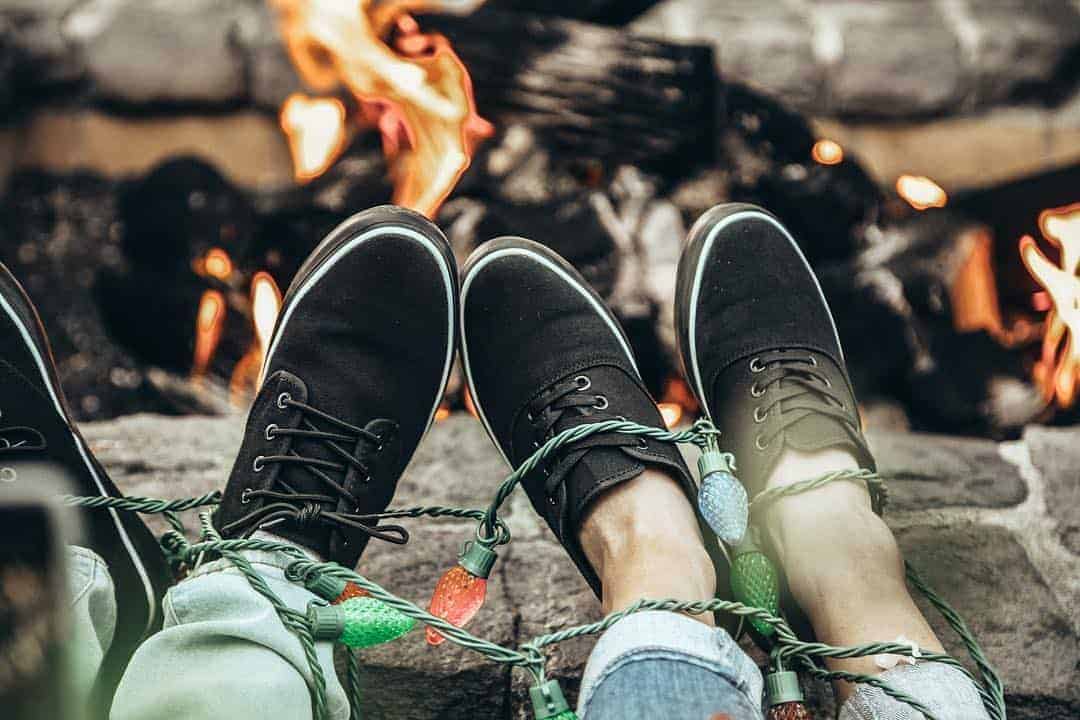
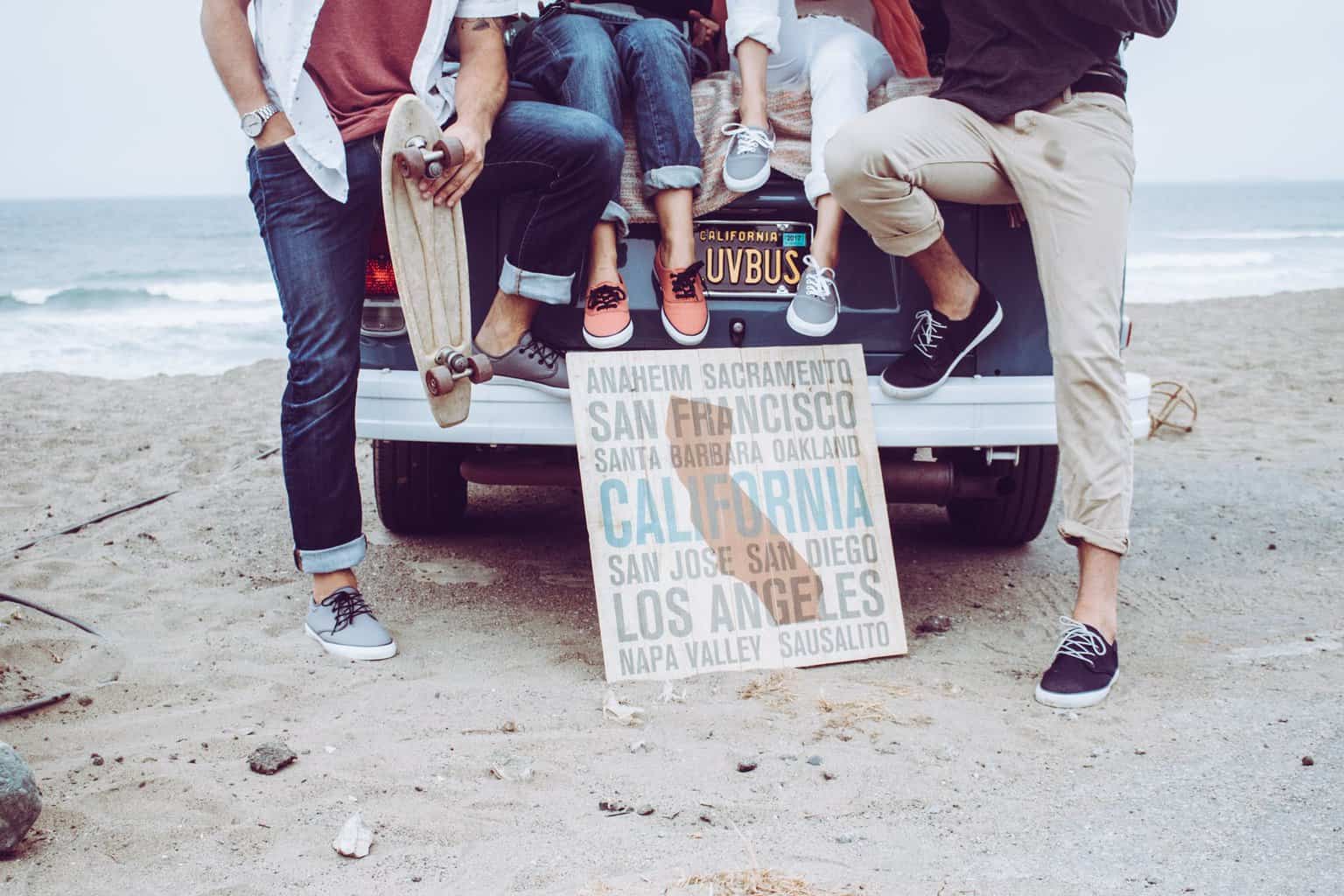
3. Jeans | Outland Denim
Outland Denim makes premium denim with eco-friendly and ethical manufacturing. They use organic cotton fabric and pocket linings, and recycled packaging. They also have strict supply chain standards.
With factories in Turkey, Vietnam, and Cambodia, Outland Denim is Australia’s first B corporation. They hold various fair labor certifications and pay living wages.
Founder James Bartle began the company with the purpose of making a positive impact on the human trafficking issue. Outland Denim offers ethical employment and training to women rescued from or at risk of falling into human trafficking.
4. Tees | Elegant Tees
Elegant Tees was founded in 2010 by Katie Martinez in order to merge her fashion industry experience with a mission to fight trafficking. All the workers in the sewing center work normal hours and their salary is more than double the local minimum wage in Nepal.
Elegant Tees manufactures all of their tees in Nepal. They partner with K.I.Nepal, a nonprofit organization that rescues over 20,000 women and children each year from being sold at the border of Nepal-India.
Elegant Tees offers some of the women rescued from K.I.Nepal employment opportunities. Currently they employ around 20 workers and plan to scale that up as they grow.
5. Backpacks | Kite.pride
KitePride is a Tel Aviv, Israel based company. They upcycle old kites into new bags while combatting sex trafficking locally.
Currently there are 12,000 men, women and children identified as sex workers in Israel. Kite.pride supports people exiting the sex industry by employing them and preparing them for future opportunities.
Kite.pride was founded by husband and wife team, Tabea and Matthias Opliger. They currently have a team of 15, 90% of whom were trafficked or employed as sex workers. Several of their former employees have gone on to pursue new careers and even gone to university, proving that their model of empowerment works.
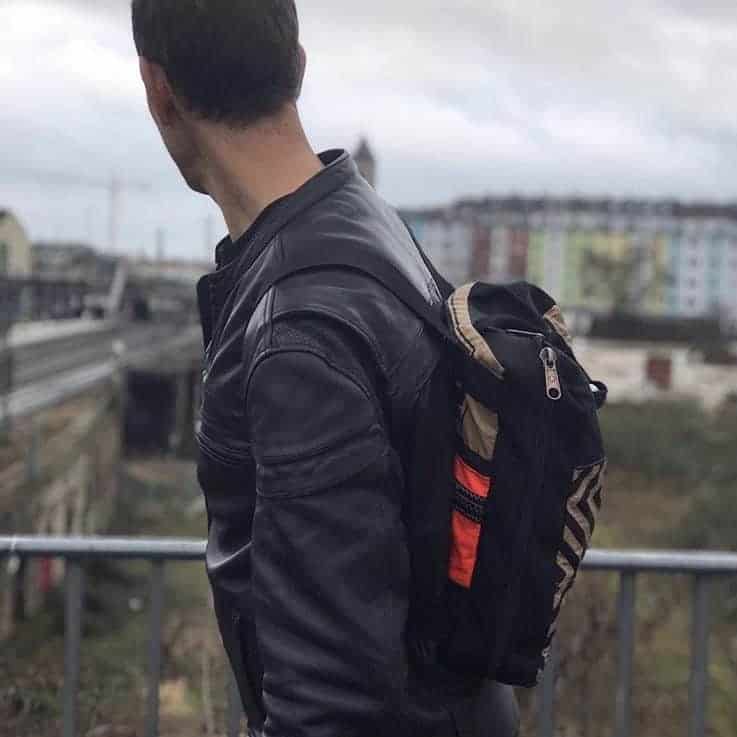
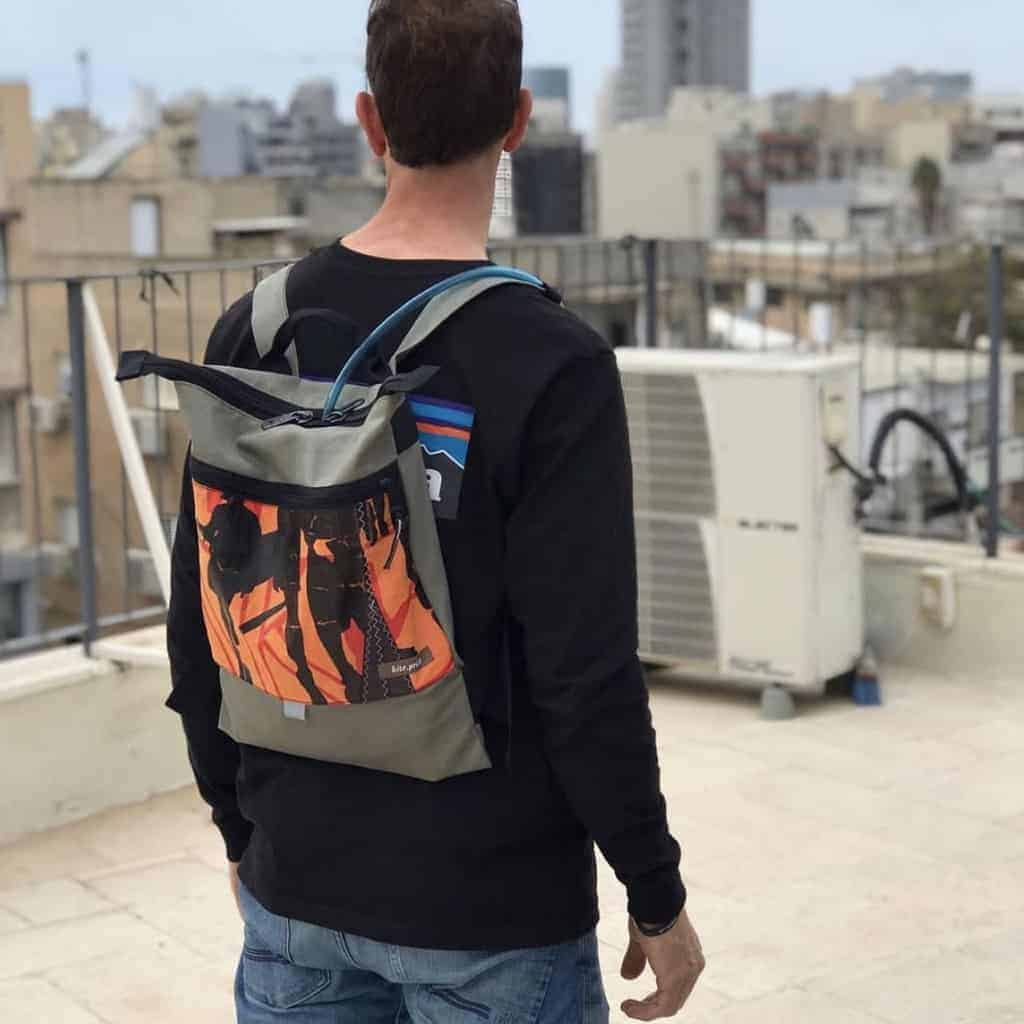
6. Pajama Pants | Sudara
Sudara is a certified B Corporation that helps empower at risk women and victims of sex trafficking in India. Sudara provides them with the tools, education, and job opportunities to break the cycle, and they have freed hundreds of women over the last 10 years.
They also have a non-profit arm, the Sudara Freedom Fund, which goes beyond economic opportunities and seeks to provide education and opportunities for even more women. This broadens the scope of who and how many people Sudara can help.
You can read stories of actual women they’ve helped on Sudara’s website.
7. Scarf | Eternal Threads
Eternal Threads seeks to improve the lives of women at risk of extreme poverty, trafficking, and exploitation through creating economic opportunities. They currently have projects in India, Nepal, Thailand, Madagascar and Afghanistan.
Their scarfs are made in Madagascar from wild silk. Wild silk is better than harvested silk because it doesn’t harm the moths or silkworms. Additionally, wild silk is produced with fewer, if not zero, chemicals.
Eternal Threads is also Fair Trade Federation certified, which bodes well for their ethical labor practices.
8. Custom Tees | Freeset Global
Freeset exists to empower and protect women in West Bengal, India who are vulnerable to sex trafficking. There they provide a living wage to over 250 women.
Additionally, Freeset uses eco-friendly materials like GOTS certified organic cotton and recycled fabrics. They are World Fair Trade Organization certified for fair labor.
Freeset started in 2001 and has a nonprofit arm to further increase their positive impact. They are a great option for business orders, as businesses can bulk order printed tees for their employees while making a difference on human trafficking. So go ahead and give your employees something to feel great about.
Looking to Do More?
By shifting some of your clothing and gift purchases to any of these 8 brands you can make real change on human trafficking. Share this article with 3 of your friends to help spread the impact.
Looking to make change beyond your purchases?
Here’s a few things you can do in the fight against human trafficking:
- Take the quiz at Slavery Footprint to find out how many slaves work for you. Then share your results on social media to get others engaged in talking about the issue of modern slavery.
- If you have a business or work for one with a supply chain, check out FRDM. FRDM is software that helps companies identify the slavery in their supply chains.
- KnowTheChain is another resource for companies to learn about and address modern slavery within their supply chain. You can make a large impact by bringing this resource to your place of work.
- Sign up and take action at Free the Slaves, a nonprofit organization fighting modern slavery. On their website you can get informed, sign petitions, or consider making a donation.
Which of the 8 brands was your favorite? Let us know in the comments.
As always, thank you for your support.

Garik Himebaugh is the founder of Eco-Stylist, the go-to resource for ethical clothing. He’s also an international speaker on all things sustainable fashion. Garik loves coffee, climbing, and clothes.
